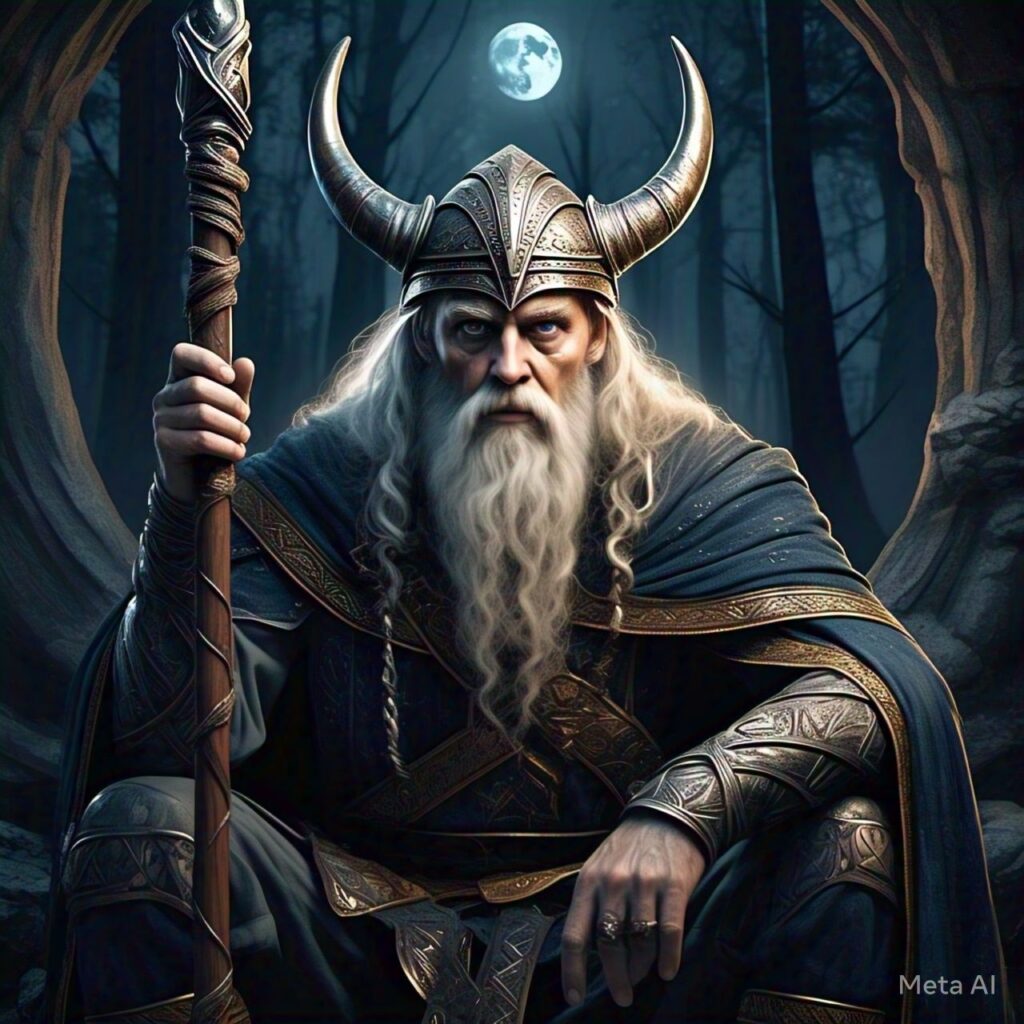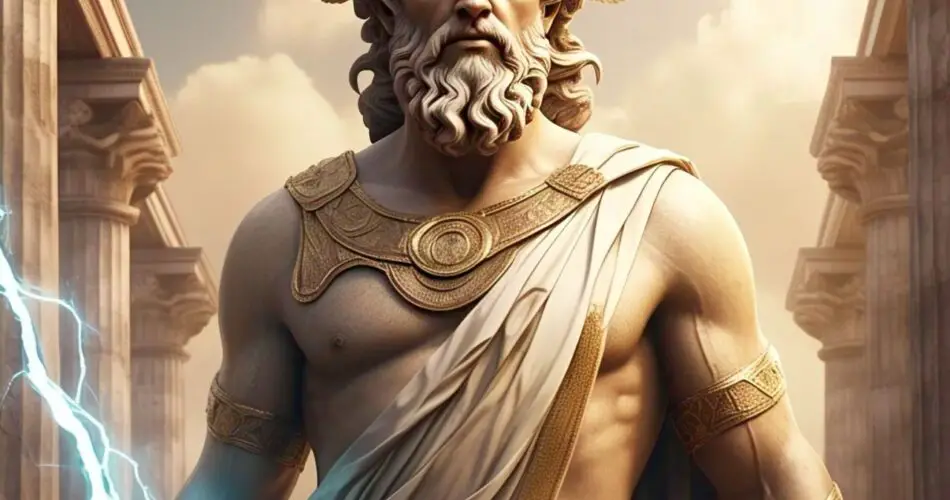You ever sit around with a cup of coffee and suddenly wonder, “Hey, who came first—Odin or Zeus?” No? Just me? Well, if you’re here, I bet you’re at least a little curious now. So, let’s dive in.
Now, if we’re talking sheer mythology timelines, Odin is technically older. Norse mythology predates Greek mythology by centuries, with roots going way back to Proto-Germanic traditions. Meanwhile, Zeus and the Greek pantheon hit the scene a little later, with their myths taking shape around 700–800 BCE thanks to poets like Hesiod and Homer
But if we’re talking about who would win in a cosmic battle of age-old godly wisdom and beard superiority, well—that’s a different debate.
The Old Man vs. The Thunder God

Odin, the Allfather, is the kind of guy who’d trade an eye just to gain a little extra wisdom (which, honestly, feels like something I’d consider after one too many deep dives into ancient texts). He’s not just the king of Asgard; he’s a relentless seeker of knowledge, always scheming, always thinking a few steps ahead. He’s the wise, slightly terrifying grandpa of Norse mythology, chilling with ravens on his shoulders and sipping from the well of wisdom.
Zeus, on the other hand, is… well, Zeus. King of Olympus. The god of sky and thunder. The guy who hurls lightning bolts and has a very complicated relationship history (seriously, he’s got more drama than a reality TV show). While Odin’s wisdom-first approach makes him feel ancient and mysterious, Zeus comes across as more of a charismatic, all-powerful ruler who lets his temper and impulses drive the show.
Who’s Actually Older?
From a historical perspective, Norse mythology (and therefore Odin) likely has deeper roots than the Greek pantheon. The stories of Odin and his crew originate from the early Germanic tribes, with evidence suggesting they were around as far back as 2000 BCE in some form. Meanwhile, Zeus and the Olympians gained popularity during the early Greek civilization, closer to 1000–800 BCE.
But here’s where it gets tricky—myths evolve. Greek mythology may have taken shape later, but it drew inspiration from older Indo-European traditions, the same ones that likely influenced Norse myths. So, in a way, both Zeus and Odin could be traced back to some ancient, shared deity that existed long before either of them became household names.
So, Who Wins?
If we’re measuring by pure age, Odin takes the crown. If we’re measuring by sheer godly antics? Zeus is probably throwing lightning at my laptop right now for even asking.
What do you think? Is Odin’s brooding wisdom more impressive than Zeus’s sky-splitting power? Let’s hear it—drop your thoughts in the comments!
If you are somehow more interested in Greek mythology and are looking to learn more about Zeus. Like how Zeus became king of Gods, then I have covered it as well.
